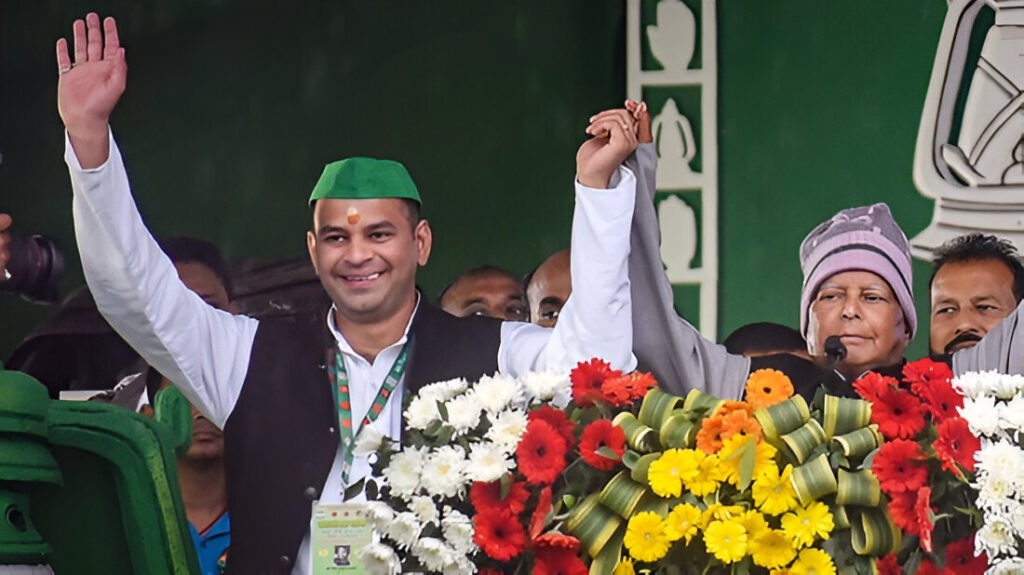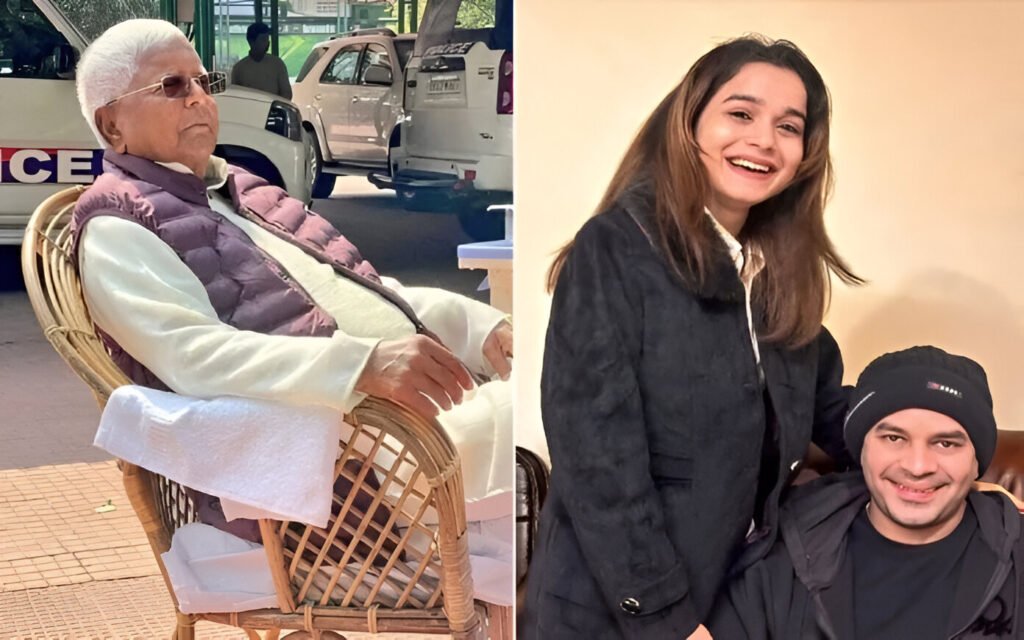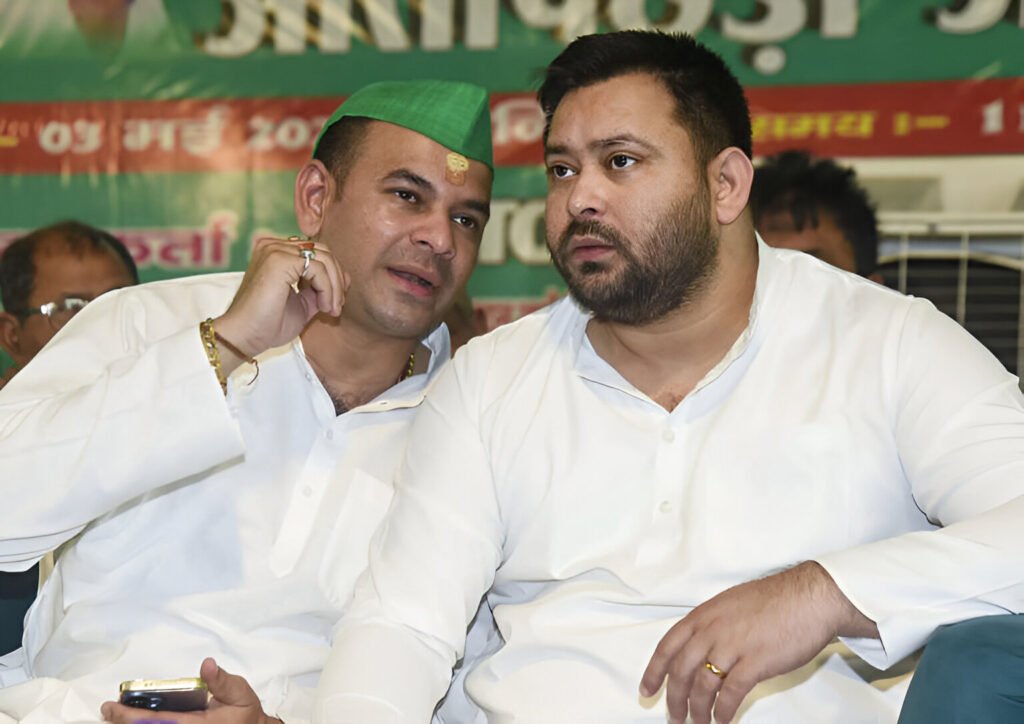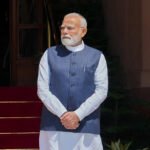
Bihar’s political scene has witnessed turmoil with the shocking expulsion of Tej Pratap Yadav, the son of Rashtriya Janata Dal (RJD) chief Lalu Prasad Yadav, which occurred recently after a photo along with his supposed partner went viral. This decision has raised questions about family and party politics and the rise of dynastic politics in Bihar.
The Controversy-Stirring Image and Its Consequences
The drama started with Anushka Yadav’s claim of being in a 12-year-long relationship with her. The rumor and subsequent scandal were set into motion by throwing into circulation a picture alongside a social media post that purported to showcase such a ‘relationship.’ It did spread quite rapidly. Even though Tej Pratap claims to have deleted the post later, claiming that his social media account had been hacked and images were altered to slander him and his loved ones, we know the damage had already been done from this defamation. For “irrespective and irresponsible conduct and breach of social and familial norms,” Lalu Yadav commanded Tej Pratap’s expulsion from both the party and family—the latter for 6 years.

Lalu Yadav’s Press Conference Regarding Statement and Enforcement of Party Policies and Rules
Lalu had put forth his reasoning via online platforms. According to his statement, personal conduct must correspond to the party’s doctrine and family values. He insisted, “Not observing ethical-based constructs while conducting one’s life outside work policies and politics weakens the fortification of the social structured hierarchies in achieving social justice.” “The behavior of my eldest son is not in concord with my family values or traditions,” he remarked. For public political conduct among successors to the family legacy, he believed the discipline within the party had to be enforced and made an example of to demonstrate clemency for respect in public conduct.
Political Consequences and Sooner or Later
The move comes during a delicate period, with impending elections for the Bihar assembly, and Lalu’s younger son Tejawshi Yadav aptly designated as the leader of the RJD and his prospective chief minister’s position. The party has suffered politically with unending controversies surrounding Tej Pratap as Tej Pratap. As political observers view Lalu’s decision, it seems aimed to polish the image of the party, strengthen control, and allow Tejashwi to unreservedly take charge as the leader devoid of pretexts. It is anticipated that the BJP and other opponents would opportunistically exploit this inter-family conflict to attack the RJD in the forthcoming elections.

Dynastic Politics Accompanied with Historic Examples
This has resurrected discussions centered around the theme of the so-called dynastic politics in India. It is not the first occasion that a political father has disowned his son from the party. Like this one, Mulayam Singh Yadav expelled Akhilesh Yadav from the Samajwadi Party under the same circumstances. Such actions showcase the difficulties of intertwining family connections with political lineage, head, and party discipline the leaders face in India’s dynastic political succession.
Reactions From the Public and Other Political Parties
The public comments surrounding the expulsion are quite polarized. There are people who appreciate it as a necessary enforcement of order, while others view it as yet another indication of the growing fractures within the family. Supporters of Tej Pratap claim he is a target of an orchestrated attack, whereas party loyalists assume that the decision will aid in recovering the credibility of RJD. This also brings concerns regarding Pratap’s next steps: contesting as an independent, shifting allegiance, or trying to piece things together.











